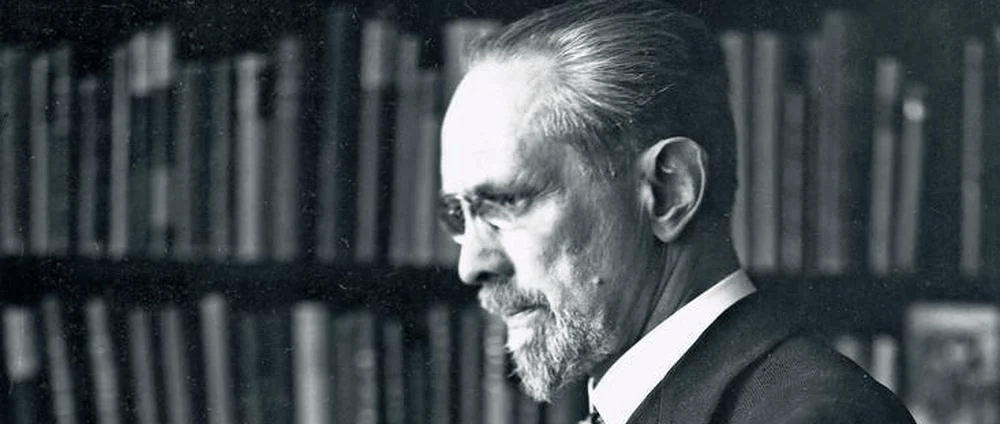Simon Maass holds a degree in International Relations. His writings on politics, art, and history have appeared in Providence, Cultural Revue, Redaction Report, Intellectual Conservative, the Independent Sentinel, the Cleveland Review of Books, and other publications. He also has a collection of poetry, Classic-Romantic: A Pamphlet of Verse, and writes on his own blog Shimmer Analysis.

